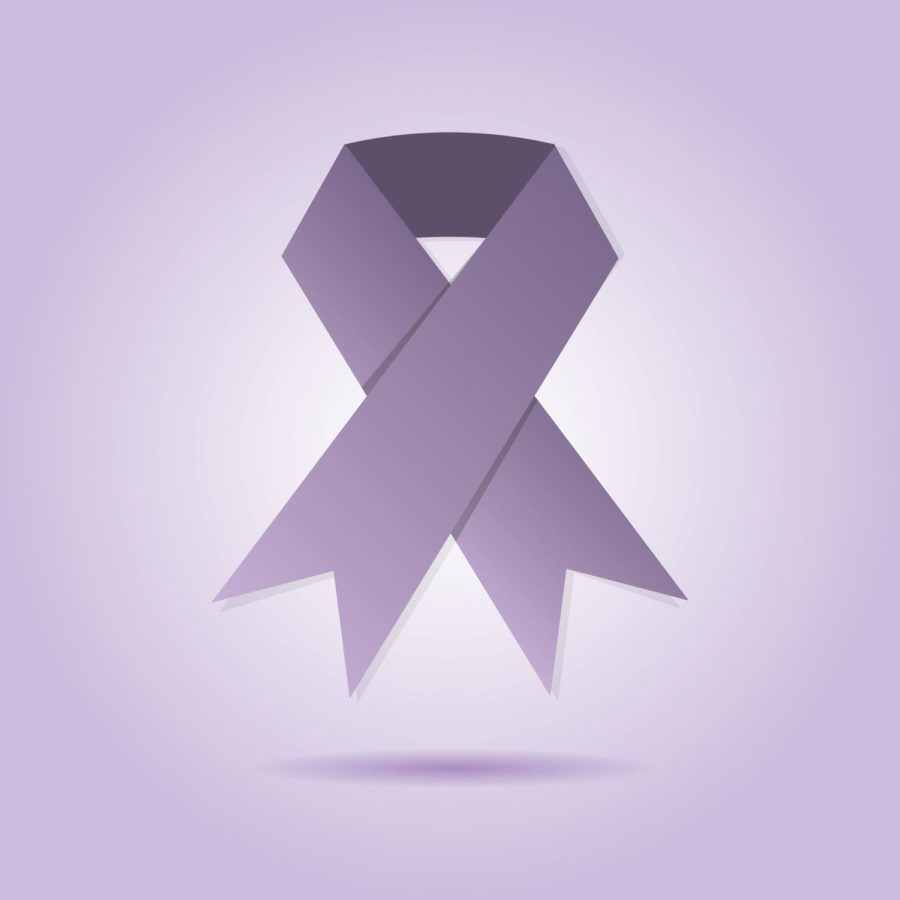Beiwel: Pardoning female domestic abusers sends the wrong message about feminism
Columnist Beiwel argues that domestic abusers who are women receive less criticism then men domestic abusers from the public.
December 7, 2015
When the conversation circles around to it, people tend to ask me if I’m a feminist. Usually I say yes, I do consider myself a feminist. It’s a loaded word and always has been, but it defines my beliefs well enough.
Women and men should have the same opportunities. Neither should have to worry that their gender will hold them back in life and neither should feel a stigma attached to their gender.
But at the same time, feminism has too many problems. Some of us are too reactionary, some of us treat men as stupid and slaves to their baser instincts, some women excuse the bad behavior of those around us because of a need for solidarity.
At its core, feminism is supposed to be for the equality of the genders, with an emphasis upon increasing the status of women and allowing them the same opportunities as men, as well as giving both genders a chance to pursue their passions without feeling limitations by society’s perceptions.
Feminism is supposed to be for everyone. But what is it worth if the humiliation and abuse of people is marginalized, simply because they are men?
Everyone remembers when Chris Brown beat up Rihanna. His career took a significant hit, he half-apologized and he’s still paying for it to this day. Other celebrities such as Ray Rice and Ike Turner share this notorious status of domestic abuser, and the name follows them around for the rest of their careers.
Domestic abuse is a disgusting cowardly action that is done by people who have no respect for others. They infringe upon their bond with another person in order to control and demean him or her with violence, and I believe such a ghastly act should blight their reputation forever, as it would in the case of rape or murder.
But I noticed something strange.
Emma Roberts, the star of Nickelodeon’s “Unfabulous” and actress in “American Horror Story,” was arrested in Montreal in 2013 for beating her then-boyfriend and co-star Evan Peters. She was released without incident because Peters decided not to file charges. They were later engaged, but the relationship ultimately ended.
Where was the uproar about that demonstration of inter-relationship abuse? Where was the boycotting of her work accompanied by the tarnishing of her reputation? Where are the demands that she be extricated from Hollywood and that Peters be supported for his experience?
It was simply not there. I couldn’t find a single harangue incinerating Roberts though her actions, if duplicated by a man, would surely have been met with a furor unknown outside of a gladiator movie. People would have been screaming for blood, but they weren’t simply because she carries the xx chromosomes and according to the slant of the media, domestic abuse situations simply don’t happen when the woman is playing the role of the abuser.
Men make up 15 percent of all intimate partner violence victims, and about three million physical assaults are enacted upon men every year. Domestic abuse impacts more than 830,000 men every year. Also, 50 percent of lesbian women will experience domestic violence in their lifetimes, with the caveat that these are not limited to intimate partner relationships.
Even taking into account male homosexual domestic abuse, these numbers show that women are just as capable of becoming domestic abusers. One of my favorite viewpoints of feminism is that women are capable of being just as terrible as men, which is epitomized in this Time magazine quote: “If we want our culture to recognize women’s capacity for leadership and competition, it is hypocritical to deny or downplay women’s capacity for aggression and even evil.”
There is a classic view of women as being pure and above reproach, with every potentially controversial or unfortunate action glossed over. We can’t keep insisting that women are the same as men while simultaneously pretending that we are all good, kind people. Some of us are terrible, some of us are abusive and some of us are cruel. Acting like women are all perfect and all worthy of praise is an unequivocal anti-feminist statement that ignores all of the other facets of the movement. This view seems to have long since been obliterated as women grew closer and closer in status to men, except for in the area of women as domestic abusers.
Women beating up men is also all too often played for comedy. In one episode of the hit TV show “How I Met Your Mother” titled “Return of the Shirt,” main character Ted dates an ex-girlfriend. When he breaks up with her again, she proceeds to brutally beat him in a restaurant. This scene has been played time and time again in countless other sitcoms, only perpetuating this stereotype.
I get it, it’s a weird show, and it was a joke, but had it been the other way and a man was beating up a woman, no one would have been laughing. Women beating on males in TV shows has never, to my knowledge, been used as anything other than comedy fodder.
It helps perpetuate the notion in real life that if a woman is hitting you and you take it seriously, you’re weak. The illusion that men can’t cry leads to an emotionless, strong caricature-like being held up as the perfect man. When men are abused by women, this paragon of masculinity can seem unattainable, and men may feel the need to bury their hurt in order to attempt to measure up.
I admit, women do not always have the physical strength of men and perhaps that would equate to injuries that are perhaps less visible. But the psychological aspect of being hurt by someone you care about is exactly the same and should be treated in exactly the same way. Also, women may be more likely to use weapons when assaulting a partner. This extends, of course, to emotional and other forms of domestic abuse as well.
Men are more likely to be told that the blame for the abuse lies on their shoulders, and in some cases, they can be the ones arrested if their partner is their aggression. It is difficult for abused men to find help, as there are scarce resources for men who have been abused by their wives or girlfriends.
The double standard that exists when discussing domestic abuse coming from a woman is abhorrent. Men are expected to “take it on their chin,” while women, who are survivors, are provided with the proper amount of support and community that domestic abuse victims should receive. I’m not saying that female domestic abuse victims should be understated, or that their experience should be downplayed.
I’m simply saying that when it happens to men, it’s just as terrible, and women should be held accountable.







